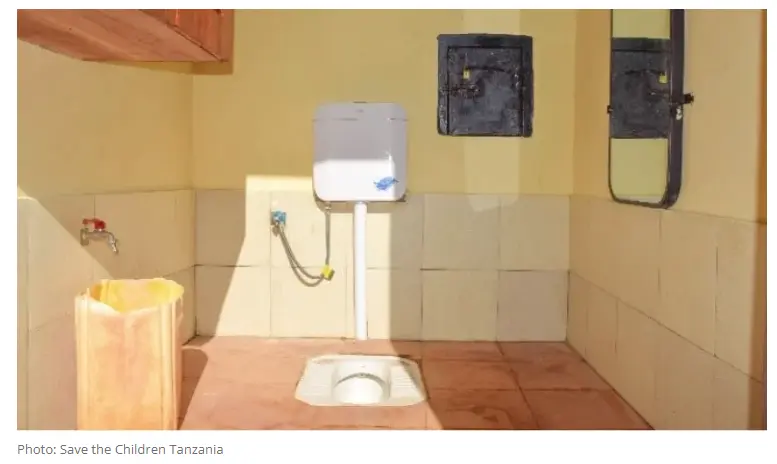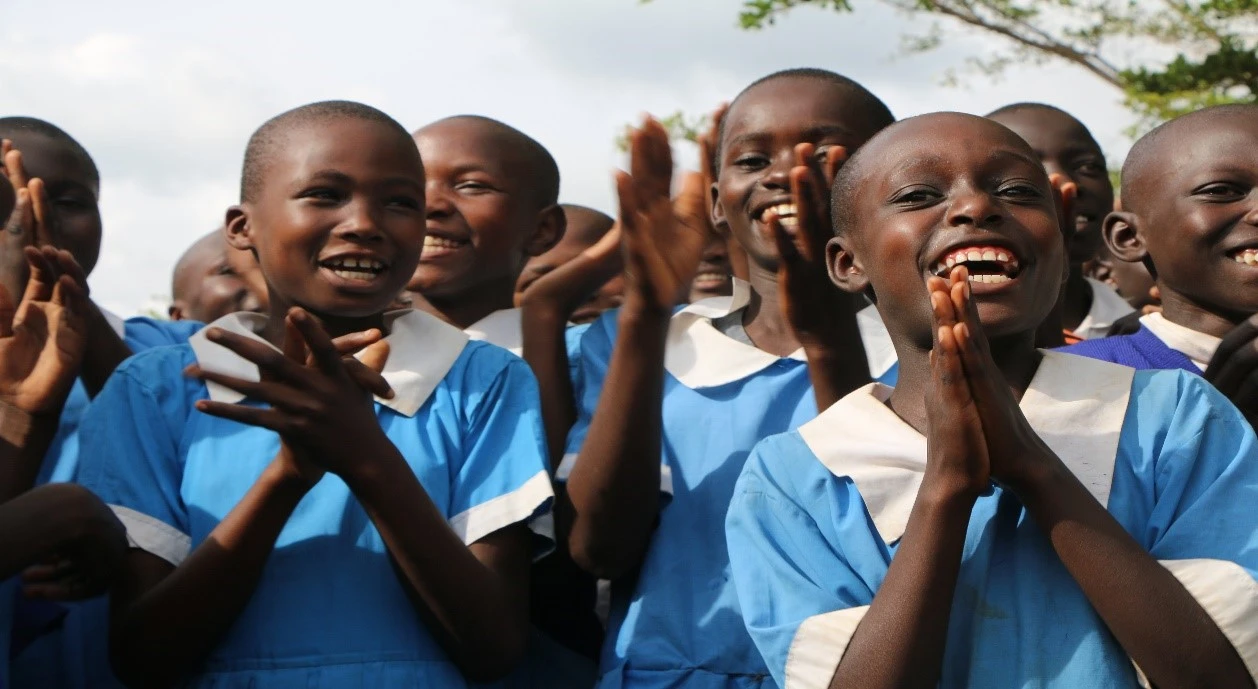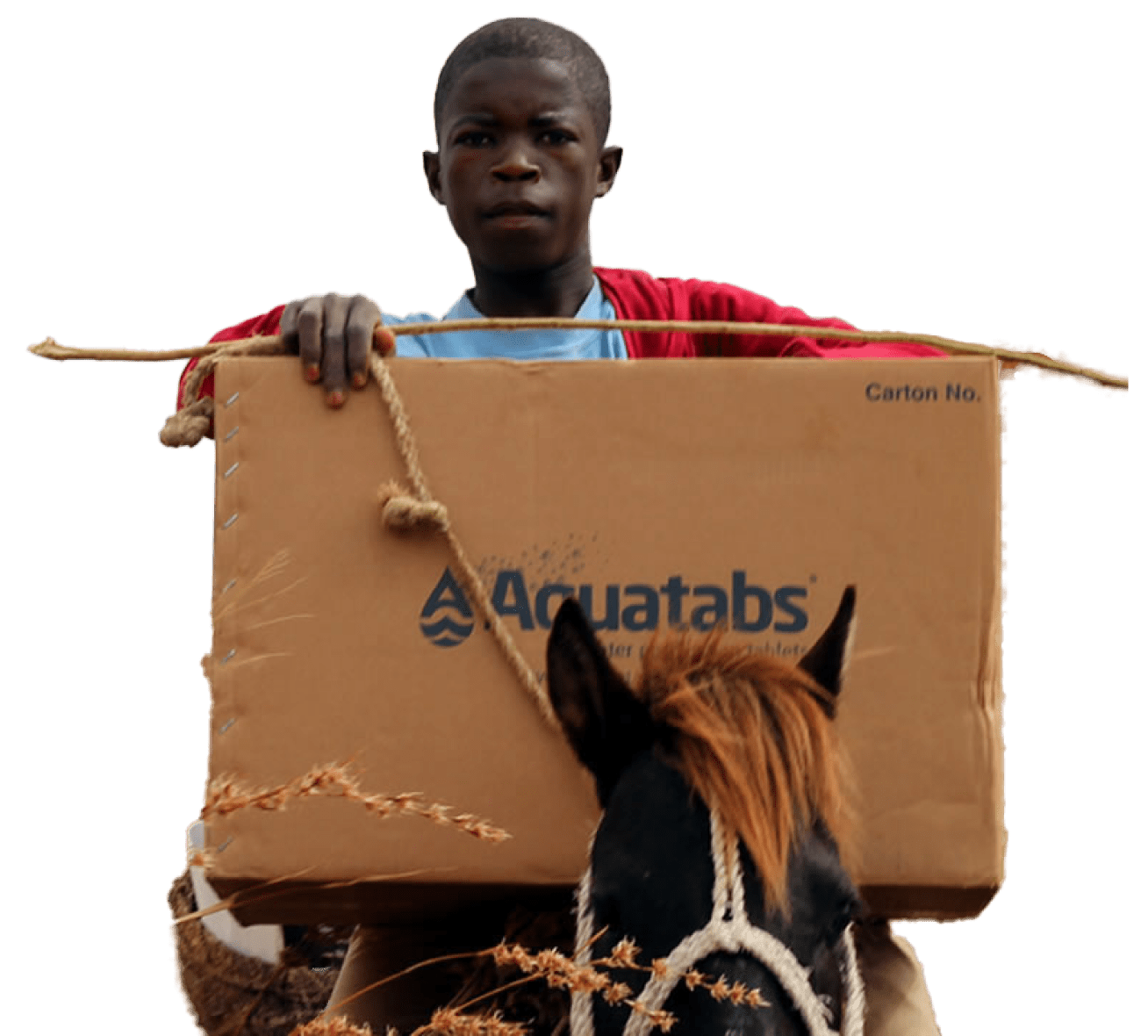On this International Day of Education, we delve into a critical but often overlooked aspect of schooling: the intersection of education, WASH, and long-term investment in values and skills that will empower students to become catalysts for peace. The foundation of a prosperous and peaceful society is laid in the classrooms where young minds are shaped.
In regions where access to clean water and sanitation is a challenge, the impact on education is profound, especially for young girls. The lack of WASH facilities can lead to poor health, absenteeism, and higher dropout rates, severely hampering the learning process and future opportunities for students. Moreover, schools that prioritize WASH are not only promoting health but are also fostering an environment of care and respect, key components in the peacebuilding process.
As we observe the International Day of Education, it’s essential to recognize that education is more than just academic learning. It is about creating a nurturing environment where children can grow, learn, and interact safely and healthily.
#LearningForPeace #InternationalDayOfEducation #EducationForAll #WASHinSchools #Peacebuilding
International Day of Education is celebrated today, January 24, 2024, it highlights a vital theme: “Learning for Lasting Peace” It is estimated that 250 million children and teenagers are missing vital schooltime due to a plethora of challenges, the most common being increased conflict and displacement. However, those challenges are now exacerbated by the rise of discrimination, racism, xenophobia and hate speech. UNESCO, an agency of the UN, has called for an active commitment to sustainable peace, meaning “a strong foundation of inclusive, democratic and participatory governance, dialogue, solidarity, mutual understanding and cooperation, sustainable development, gender equality and the general realization of human rights and fundamental freedoms”
Education is at the heart of this commitment, as is WASH, Water, Sanitation, and Hygiene. The beneficial effects of WASH within communities is closely linked with educational efforts essential for advocating a peaceful and sustainable future.
Supporting access to safe, hygienic WASH facilities in fragile communities is an important step on the road to achieving education for all girls.
The Importance of WASH in Education
Access to safe drinking water, sanitation, and hygiene is fundamental for a healthy learning environment. The availability of clean water is not just a matter of health but also of dignity and equality.
- Safe drinking water is essential to prevent diseases caused by waterborne pathogens. In many parts of the world, contaminated water is a common source of illnesses such as cholera, dysentery and typhoid. Providing access to safe drinking water in schools ensures that students and staff are not exposed to harmful pathogens.
- Regular handwashing can significantly reduce the transmission of pathogens that can be contracted by touching contaminated surfaces or direct contact with sick individuals. In schools, where students are in close contact and share resources, the availability of handwashing facilities is critical for maintaining hygiene and preventing disease spread.
Providing WASH facilities in schools plays an educational role. It teaches students the importance of good hygiene practices. Children who learn to wash their hands properly at a young age are more likely to continue this habit into adulthood, leading to long-term public health benefits.
Impact on Young Women’s Education
In many parts of the world, the lack of proper WASH facilities disproportionately affects young women. The absence of gender-segregated toilets and menstrual hygiene management resources can be a significant barrier to education for girls. Several WASH initiatives and programmes have successfully addressed sanitation in schools, positively impacting on girl’s education.
UNICEF’s WASH Program in Fragile and Conflict-Affected States: This programme has been crucial in improving girls’ access to education, especially in fragile and conflict-affected states. Nearly one-third of schools worldwide lacked basic WASH services in 2016. Facilities are vital for menstrual hygiene management (MHM), and their introduction has been associated with improved girls’ attendance. This program also emphasizes the importance of gender-sensitive WASH facilities in humanitarian-development education programs in conflict areas.
Save the Children’s Project in Tanzania: Funded by the Foreign, Commonwealth and Development Office (FCDO), Save the Children implemented a project in Tanzania focusing on menstrual hygiene management. The project constructed latrines, provided disposable sanitary pads, and built handwashing stations in 28 primary schools. This initiative helped keep adolescent girls in school by providing them with factory-made reusable sanitary pads, markedly impacting their comfort and attendance during menstruation?. Follow the link below to read the heartwarming story of a young girls resilience to stay in school and realise her dream of becoming a science teacher.

Teachers as Agents of Peace
Teachers can play a pivotal role in shaping the attitudes and behaviours of young people. Peace education can be effectively integrated into educational settings, contributing significantly to creating a more tolerant, inclusive, and peaceful society.
Some of the areas that students can learn about the implications of bullying and hate speech are:
Conflict Resolution Skills help teenagers learn to identify and express their feelings, listen to others, and find common ground. They are taught to resolve disputes peacefully and respectfully, understanding that aggression and bullying are not effective ways to handle disagreements.
Empathy and Understanding encourages students to step into the shoes of others, especially those from different backgrounds. This understanding can reduce the tendency to engage in hate speech, as students become more aware of the impact their words and actions have on others.
Awareness of Diversity and Inclusivity lessons provide a broader understanding of diversity, including race, ethnicity, gender, sexuality, and ability. By celebrating diversity and promoting inclusivity, schools can create an environment where hate speech and bullying are not tolerated.
Understanding the Impact of Bullying and Hate Speech helps teenagers grasp the seriousness of their actions. They learn about the long-term psychological effects on victims, such as anxiety, depression, and lower self-esteem leading to a more compassionate school culture. Promoting Social Responsibility often include discussions about individual responsibility and the role each person plays in creating a safe and respectful community.
Creating a Safe Space for students to discuss sensitive topics, share experiences, and express their feelings is essential. Open dialogue fosters a more understanding and supportive school environment where issues of bullying and hate speech can be addressed effectively.
There are organisations like the Peace Education Network’s Curriculum, with individuals committed to promoting peace education in schools and communities, this network offers a range of resources and lesson plans that tackle issues such as conflict resolution, social justice, and anti-discrimination. If you would like to find out more about this initiative click here: https://www.peace-education.org.uk/teach-peace


This blog aims to shed light on the critical link between WASH, education, and peace, highlighting the need for holistic approaches in tackling the challenges faced by children, especially young women, in accessing quality education. By focusing on these interconnections, we can pave the way for a more peaceful and equitable world.


